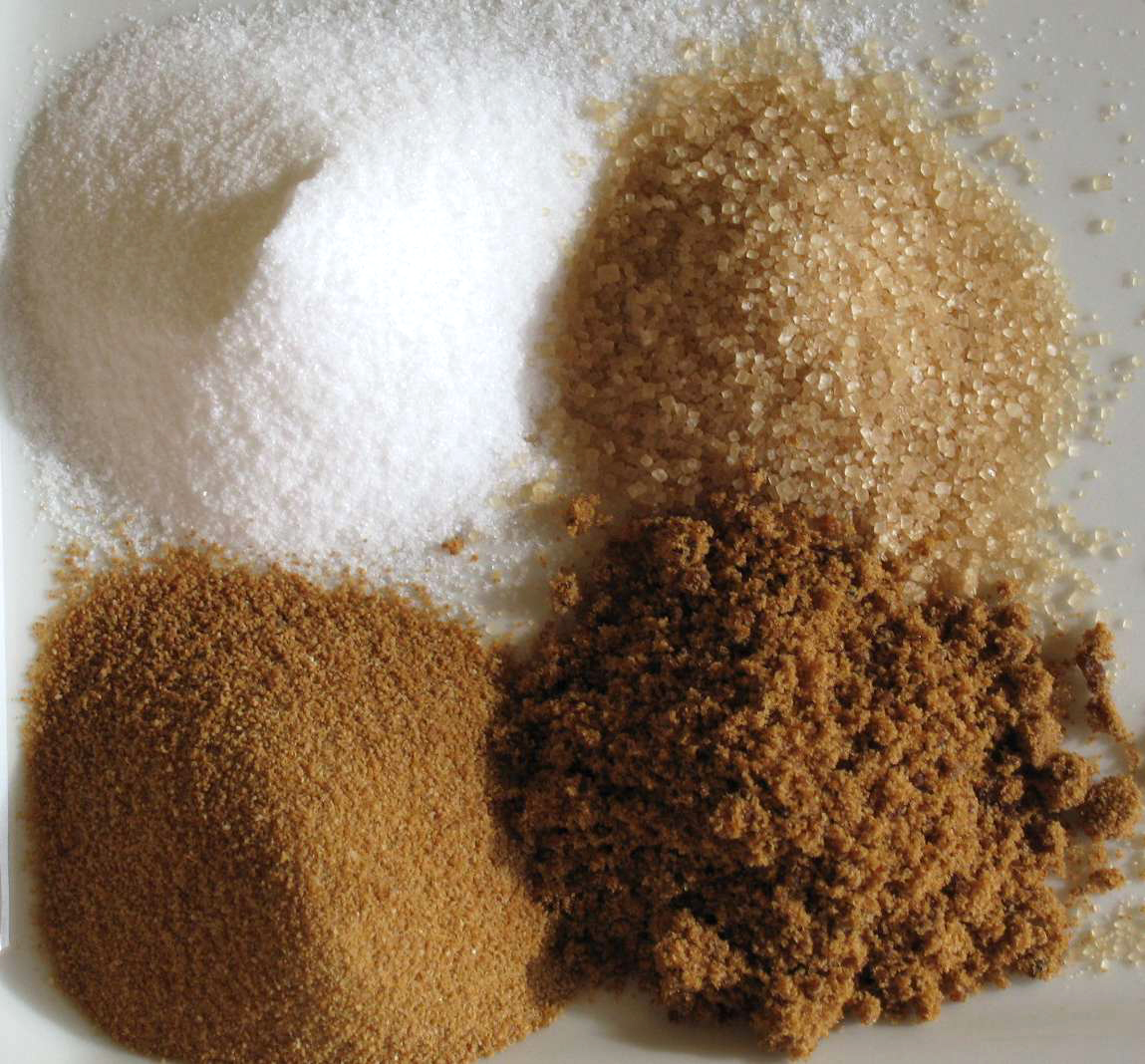|
Sugar Nutrition UK
Sugar Nutrition UK formerly the British Sugar Bureau was a lobby group for the British sugar industry. Dr Alison Boyd was the director of the organisation. She says, in reply to proposals to tax sugar that "Singling out sugar may seem a simple, quick fix solution but risks ignoring many other factors that can contribute to lifestyle diseases.” According to the organisation "Sugar consumption in the UK has declined whilst obesity and diabetes rates have increased". It funded a study published in the American Journal of Physiology The ''American Journal of Physiology'' is a peer-reviewed scientific journal on physiology published by the American Physiological Society. Vols. for 1898–1941 and 1948-56 include the Society's proceedings, including abstracts of papers presente ... – Endocrinology and Metabolism in 2015 which showed that Sugar and water was 'as good as a glucose and water' at maintaining liver glycogen stores during prolonged exercise. It disbanded in 2016. ... [...More Info...] [...Related Items...] OR: [Wikipedia] [Google] [Baidu] |
Lobby Group
In politics, lobbying, persuasion or interest representation is the act of lawfully attempting to influence the actions, policies, or decisions of government officials, most often legislators or members of regulatory agencies. Lobbying, which usually involves direct, face-to-face contact, is done by many types of people, associations and organized groups, including individuals in the private sector, corporations, fellow legislators or government officials, or advocacy groups (interest groups). Lobbyists may be among a legislator's constituencies, meaning a voter or bloc of voters within their electoral district; they may engage in lobbying as a business. Professional lobbyists are people whose business is trying to influence legislation, regulation, or other government decisions, actions, or policies on behalf of a group or individual who hires them. Individuals and nonprofit organizations can also lobby as an act of volunteering or as a small part of their normal job. Governme ... [...More Info...] [...Related Items...] OR: [Wikipedia] [Google] [Baidu] |
Sugar Industry
The sugar industry subsumes the production, processing and marketing of sugars (mostly sucrose and fructose). Globally, most sugar is extracted from sugar cane (~80% predominantly in the tropics) and sugar beet (~ 20%, mostly in temperate climate, like in the U.S. or Europe). Sugar is used for soft drinks, sweetened beverages, convenience foods, fast food, candy, confectionery, baked products, and other sweetened foods. Sugarcane is used in the distillation of rum. Sugar subsidies have driven market costs for sugar well below the cost of production. As of 2018, 3/4 of world sugar production was not traded on the open market. The global market for sugar and sweeteners was some $77.5 billion in 2012, with sugar comprising an almost 85% share, growing at a compound annual growth rate of 4.6%. Globally in 2018, around 185 million tons of sugar was produced, led by India with 35.9 million tons, followed by Brazil and Thailand. There are more than 123 sugar-producing coun ... [...More Info...] [...Related Items...] OR: [Wikipedia] [Google] [Baidu] |
Lifestyle Diseases
Lifestyle diseases can be defined as diseases linked with one's lifestyle. These diseases are non-communicable diseases. They are caused by lack of physical activity , unhealthy eating, alcohol, substance use disorders and smoking tobacco, which can lead to heart disease, stroke, obesity, type II diabetes and lung cancer. The diseases that appear to increase in frequency as countries become more industrialized and people live longer include Alzheimer's disease, arthritis, atherosclerosis, asthma, cancer, chronic liver disease or cirrhosis, chronic obstructive pulmonary disease, colitis, irritable bowel syndrome, type 2 diabetes, heart disease, hypertension, metabolic syndrome, chronic kidney failure, osteoporosis, PCOD, stroke, Clinical depression, depression, obesity and vascular dementia. Lifestyle disease may soon have an impact on the workforce and the cost of health care. Treating these non-communicable diseases can be expensive. It can be critical for the patie ... [...More Info...] [...Related Items...] OR: [Wikipedia] [Google] [Baidu] |
American Journal Of Physiology
The ''American Journal of Physiology'' is a peer-reviewed scientific journal on physiology published by the American Physiological Society. Vols. for 1898–1941 and 1948-56 include the Society's proceedings, including abstracts of papers presented at the 10th-53rd annual meetings, and the 1948-56 fall meetings. Subjournals The ''American Journal of Physiology'' has seven subjournals; according to the 2019 Journal Citation Reports their impact factor The impact factor (IF) or journal impact factor (JIF) of an academic journal is a scientometric index calculated by Clarivate that reflects the yearly mean number of citations of articles published in the last two years in a given journal, as i ...s vary from 2.992 to 4.406: * ''AJP-Cell Physiology'' * ''AJP-Endocrinology and Metabolism'' * ''AJP-Gastrointestinal and Liver Physiology'' * ''AJP-Heart and Circulatory Physiology'' * ''AJP-Lung Cellular and Molecular Physiology'' * ''AJP-Regulatory, Integrative and Comparative Phys ... [...More Info...] [...Related Items...] OR: [Wikipedia] [Google] [Baidu] |
Glucose And Water
Glucose is a simple sugar with the molecular formula . Glucose is overall the most abundant monosaccharide, a subcategory of carbohydrates. Glucose is mainly made by plants and most algae during photosynthesis from water and carbon dioxide, using energy from sunlight, where it is used to make cellulose in cell walls, the most abundant carbohydrate in the world. In energy metabolism, glucose is the most important source of energy in all organisms. Glucose for metabolism is stored as a polymer, in plants mainly as starch and amylopectin, and in animals as glycogen. Glucose circulates in the blood of animals as blood sugar. The naturally occurring form of glucose is -glucose, while -glucose is produced synthetically in comparatively small amounts and is less biologically active. Glucose is a monosaccharide containing six carbon atoms and an aldehyde group, and is therefore an aldohexose. The glucose molecule can exist in an open-chain (acyclic) as well as ring (cyclic) form. Glucos ... [...More Info...] [...Related Items...] OR: [Wikipedia] [Google] [Baidu] |
Sugar Industry In The United Kingdom
Sugar is the generic name for Sweetness, sweet-tasting, soluble carbohydrates, many of which are used in food. Simple sugars, also called monosaccharides, include glucose, fructose, and galactose. Compound sugars, also called disaccharides or double sugars, are molecules made of two Glycosidic bond, bonded monosaccharides; common examples are sucrose (glucose + fructose), lactose (glucose + galactose), and maltose (two molecules of glucose). White sugar is a refined form of sucrose. In the body, compound sugars are hydrolysed into simple sugars. Longer chains of monosaccharides (>2) are not regarded as sugars, and are called oligosaccharides or polysaccharides. Starch is a glucose polymer found in plants, the most abundant source of energy in human food. Some other chemical substances, such as glycerol and sugar alcohols, may have a sweet taste, but are not classified as sugar. Sugars are found in the tissues of most plants. Honey and fruits are abundant natural sources of ... [...More Info...] [...Related Items...] OR: [Wikipedia] [Google] [Baidu] |
Lobbying Organisations In The United Kingdom
In politics, lobbying, persuasion or interest representation is the act of lawfully attempting to influence the actions, policies, or decisions of government officials, most often legislators or members of regulatory agency, regulatory agencies. Lobbying, which usually involves direct, face-to-face contact, is done by many types of people, associations and organized groups, including individuals in the private sector, corporations, fellow legislators or government officials, or advocacy groups (interest groups). Lobbyists may be among a legislator's Electoral district, constituencies, meaning a Voting, voter or Voting bloc, bloc of voters within their electoral district; they may engage in lobbying as a business. Professional lobbyists are people whose business is trying to influence legislation, regulation, or other government decisions, actions, or policies on behalf of a group or individual who hires them. Individuals and nonprofit organizations can also lobby as an act of vo ... [...More Info...] [...Related Items...] OR: [Wikipedia] [Google] [Baidu] |




